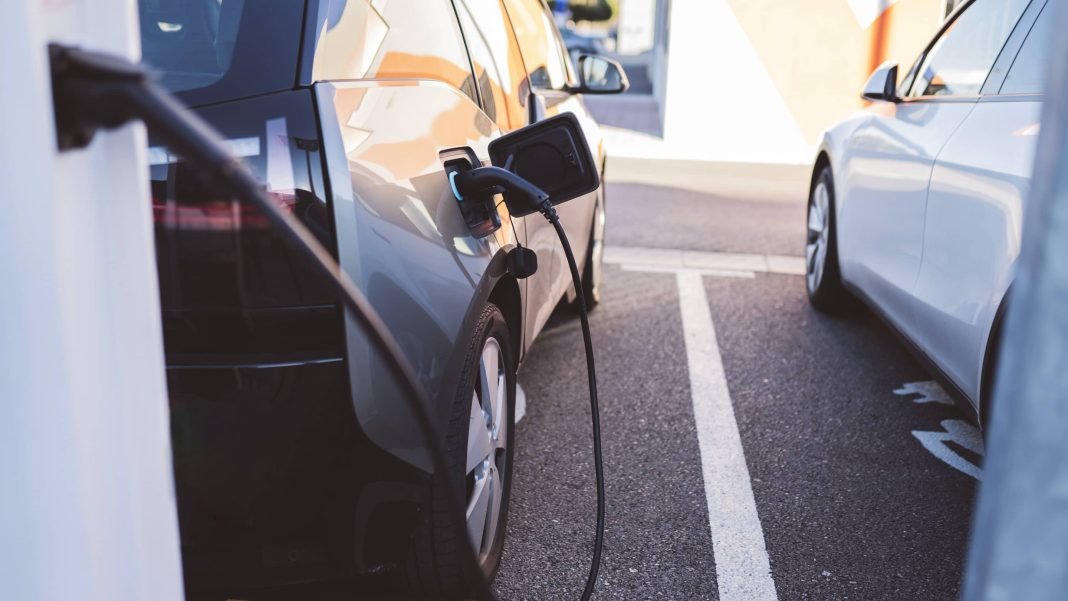 The Battle for North Carolina: Can Trump Hold Onto the South?
The Battle for North Carolina: Can Trump Hold Onto the South?
Introduction:
President Donald Trump’s lead in national polls has narrowed since becoming the presumptive Republican nominee for the White House. While he maintains a strong lead in Georgia and North Carolina, the picture is not so clear in key cities, counties, and polling places. In Matthews, North Carolina, a purple patch between heavily Democratic Charlotte and more Republican areas, conservatives are concerned about their ground game. They worry that Republicans need to organize grassroots efforts at the same level as Democrats to secure victory.
The Weakness of the Republican Ground Game:
Conservatives in Matthews, North Carolina are sensing weakness in their ground game. Republicans believe they need to organize grassroots efforts to match the Democrats. According to a local GOP insider, Republicans have to work harder to compete with the Democrats. One Republican even voiced concerns that the Republican National Committee (RNC) isn’t spending enough, despite Michael Whatley taking over as chair of the national party. The GOP may be lagging behind in organizing efforts compared to the motivated liberals and Democrats in the area.
Motivated Liberals and Democrats:
Motivated liberals and Democrats are working hard on the ground in North Carolina. Grassroots organizations like Indivisible Charlotte are actively mobilizing voters through events such as canvassing, postcard writing, and even Taco Tuesdays. These organizations receive support from the multi-billion dollar Arabella Advisors network, funded by Facebook founder Mark Zuckerberg, Microsoft founder Bill Gates, and financier George Soros. The Democrats’ activist approach is evident at polling places, where they often have more volunteers than Republicans.
The Rise of Unaffiliated Voters:
While Democrats dominate Mecklenburg County as a whole, there has been a rise in unaffiliated voters in North Carolina. Organizations like the Douglass Leadership Institute and the North Carolina Values Coalition are organizing Christian conservatives, but the GOP proper may be falling behind. State representative Tricia Cotham made headlines when she switched parties from Democrat to Republican, but the culture wars and demographic shifts are also influencing voter trends. Many politically active liberals, like Tricia’s opponent Nicole Sidman, have come from the Northeast, bringing more liberal voting habits with them.
The Impact of Abortion:
Abortion remains a contentious issue in North Carolina politics. Planned Parenthood affiliates recently announced a plan to invest $10 million in the state to protect abortion access. Republican gubernatorial candidate Mark Robinson has called for a six-week abortion ban, further fueling the debate. While President Trump leads in North Carolina, Robinson is neck and neck with his Democrat opponent Josh Stein. The abortion issue has historically mobilized Republican voters, but it is also activating voters who oppose abortion access restrictions. The ground game and “money bombs” on both sides in North Carolina could prove crucial in the upcoming election.
Conclusion:
The battle for North Carolina is heating up as Democrats and Republicans compete for the state’s crucial electoral votes. While President Trump maintains a lead in the state, the ground game and grassroots efforts may be the deciding factor. Conservatives in Matthews, North Carolina, are concerned about their ground game and believe they need to match the Democrats’ efforts. Motivated liberals and Democrats are actively organizing and mobilizing voters through grassroots organizations like Indivisible Charlotte. The rise of unaffiliated voters and the impact of issues like abortion further complicate the political landscape. As November approaches, the battle for North Carolina may prove more significant than many expect.


